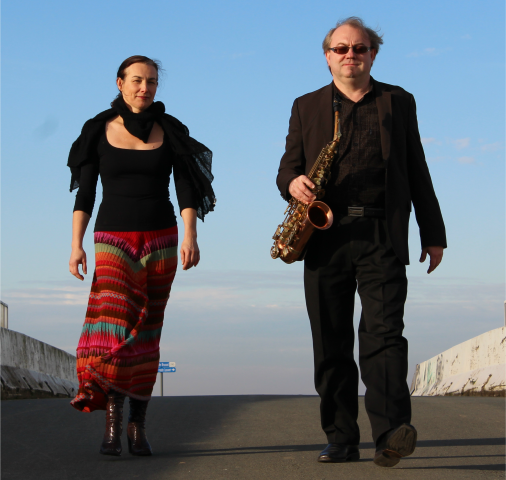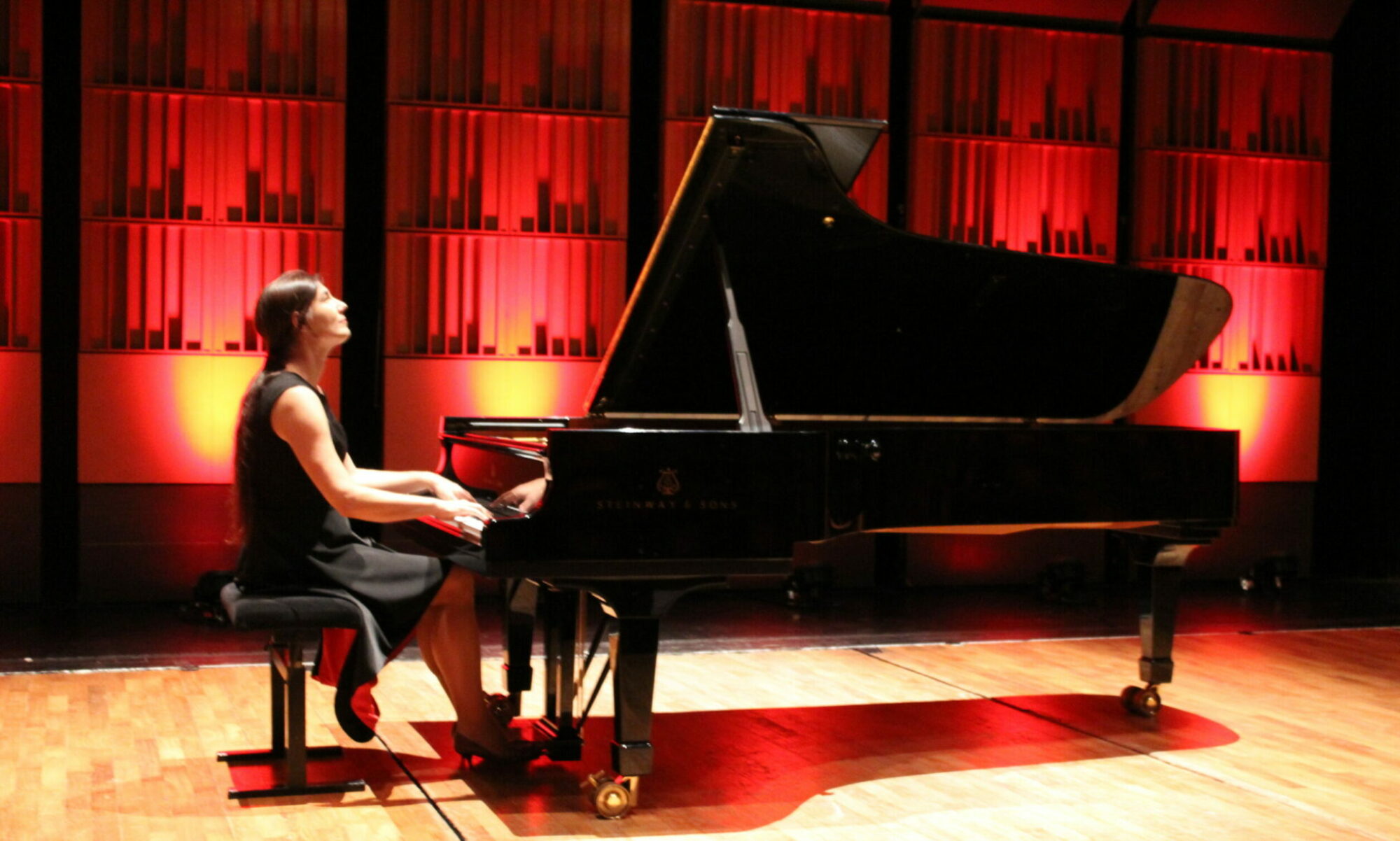Anna Ciborowska is a pianist who enjoys exploring unconventional paths. Her great passion lies in promoting music composed by women. The works of female composers predating the 20th century hold a special place in her repertoire. Anna recorded the first CD entirely dedicated to the piano music of Maria Szymanowska, the Polish romantic composer. Additionally, Anna is a driving force behind various projects aimed at promoting music by female composers, including the European project ‘Musique est une femme’.
Maria Szymanowska
Maria Szymanowska, a Polish composer from the beginning of the 19th century, was the artistic muse of such literary personalities as Goethe and Mickiewicz. Her music is typical of early romanticism. Its charm lies in its melodic meanders and its pioneering search for new piano textures (pioneering by the standards of its contemporaries). The personality of the composer gives it additional magic. At the beginning of the 19th century, Maria Szymanowska had the courage to break off her bourgeois marriage, not to be the subject of scandalised gossip in the salons of her day, but to develop her talent. I was inspired to find out more about her work by her fascinating biography and by two of her miniatures, which have remained popular to this day. Not many of her works have been published recently. Most of them are available in 19th– century editions or in manuscript form. I tried to select what appear to me to be the most valuable of her compositions. The Polish record company DUX took an interest in my project. The resulting disc includes two of Szymanowska’s longer works, her Fantasia and Caprice ( recorded for the first time ever on this disc), a selection of mazurkas and polonaises, and two nocturnes ( the best known pieces in the Szymanowska repertoire). The preludes are the most interesting from an artistic point of view. In these pieces Szymanowska was able to shine by her creative inventiveness and her feeling for the instrument. Listen
Exprezz

I’ve long been attracted by the idea of the musician as an improviser. The pressure to produce perfect performances has gradually led to the emergence of entirely separate musical professions: you have to be either an instrumentalist, or an improviser, or a composer. I think this process has taken something very valuable away from us musicians. That’s why I had the idea of putting together a group where classical and jazz musicians could share their experience. Exprezz’s repertoire is basically built on classical works. The acoustic fabric of these works gives us a pretext for improvisation in different styles. New musical structures come into being as a result: collages of classical and jazz timbres which the musicians play around with. This leads to new discoveries both for the performers and the listener…
Gaston Compère
I met Gaston Compère while working on the soundtrack of a film about him “Polders”for ARTE. I was recording a suite composed by him with the same title. Since I had only been studying French for 4 years than I had not read much contemporary French literature and I didn’t realise how important a figure he was in Belgian literature. So I was able to strike up a very natural friendship with a fantastic person. Though he was already seriously ill at the time, he was still bursting with creative energy and youthfulness of spirit. He was a real renaissance man. Though he had achieved success as a poet and writer, he was also an excellent artist and composer. He always made a point of saying that music was for him the purest and most perfect form of art. My repertoire includes his suites for piano”Polders”, “Pour Maya” and “Circonstancielles”, the last of which he dedicates to me. I perform” Les saisons mélangées” and his suite “Olenka” in a duet with the saxophonist Cezariusz Gadzina. Gaston used to compose like Beethoven without the aid of any instrument, let alone a computer. His music is characterised by its extreme sensitivity to colour and the drama of its forms.
